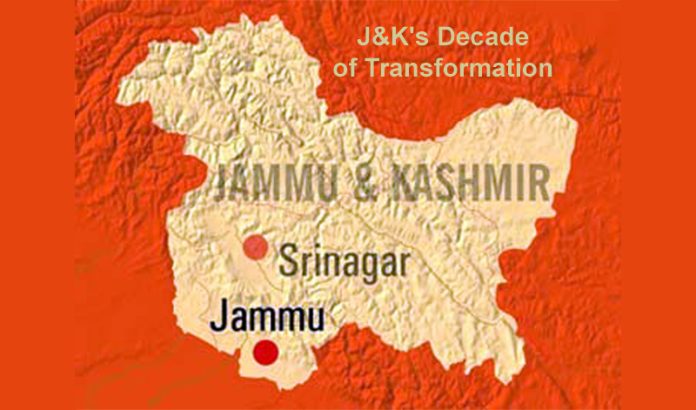The abrogation of Article 370 on August 5, 2019, marked a historic turning point in India’s approach to the Jammu and Kashmir issue. As Union Home Minister Amit Shah’s recent remarks highlight, the decision to revoke the special status granted to Jammu and Kashmir has profoundly reshaped the region’s trajectory. For decades, Article 370 served as a constitutional bridge between Jammu and Kashmir and the rest of India. However, as HM pointed out, this provision also perpetuated a sense of separateness. By embedding the idea that Kashmir’s relationship with India was “temporary,” Article 370 inadvertently sowed seeds of alienation among the youth, fostering an environment where separatist ideologies could thrive. The result was decades of unrest, culminating in the tragic loss of over 40,000 lives to terrorism. The removal of Article 370 has disrupted this narrative. By integrating Jammu and Kashmir fully into India’s constitutional framework, the Modi Government has sent a clear message: Kashmir is an inseparable part of India. This clarity has not only diminished the allure of separatist ideologies but has also struck a blow at the ecosystem of terrorism that fed on ambiguity and discord.
The statistics speak for themselves. HM’s assertion that terror incidents have dropped by 70 percent since 2019 underscores the tangible benefits of the abrogation. The absence of stone-pelting incidents in 2024-a stark contrast to the 2,100 recorded in 2018-further attests to the growing stability in the region. This decline in violence has paved the way for democratic rejuvenation. The record-breaking voter turnout in the Lok Sabha and Assembly elections last year reflects the deepening roots of democracy in Jammu and Kashmir. The successful implementation of a three-tier Panchayati Raj system is another milestone. Over 25,000 individuals now actively participate in local governance, bringing decision-making closer to the people and fostering a sense of empowerment and inclusivity.
Beyond political integration, the Government has prioritised economic development as a cornerstone of its strategy for J&K. The completion of ambitious infrastructure projects-including the world’s highest railway arch bridge, Asia’s longest tunnel, and India’s first cable-stayed bridge-has transformed the region’s connectivity and economic potential. Education and healthcare have also been significantly boosted, with new medical colleges, AIIMS, IIMs, and IITs established in UT. Tourism, a vital sector for J&K’s economy, has seen a renaissance, with over 2.11 crore visitors recorded last year. This resurgence has brought back the vibrancy of the 1960s, with film shoots and nightlife activities making a welcome return. The revival of cultural and religious traditions, such as the Janmashtami procession in Lal Chowk and the Tazia procession in Srinagar after decades, underscores the social transformation underway. These developments signal a newfound normalcy and confidence in the Valley.
The book Jammu and Kashmir and Ladakh: ‘Through the Ages’ provides a comprehensive account of the region’s historical and cultural continuity. By dispelling myths and presenting evidence-based history, the book reinforces Kashmir’s integral role in India’s civilisational journey. The Modi Government’s emphasis on preserving linguistic and cultural diversity-evident in the recognition of Kashmiri, Dogri, Ladakhi, and other regional languages-reflects a commitment to inclusivity.
While the progress achieved since 2019 is commendable, challenges remain. Efforts must continue to ensure that economic growth translates into equitable opportunities for all residents of Jammu and Kashmir. The Government must ensure that the voices of all communities are heard and respected. The abrogation of Article 370 was not merely a political decision; it was a statement of intent to bring lasting peace, prosperity, and unity to Jammu and Kashmir. The region is witnessing a paradigm shift-from being a flashpoint of conflict to a beacon of democracy and development. While challenges persist, the journey of the past few years inspires confidence that J&K’s brightest days lie ahead. J&K’s future as an integral part of the nation is being secured through fostering development, strengthening democracy, and preserving cultural heritage.
Trending Now
E-Paper


